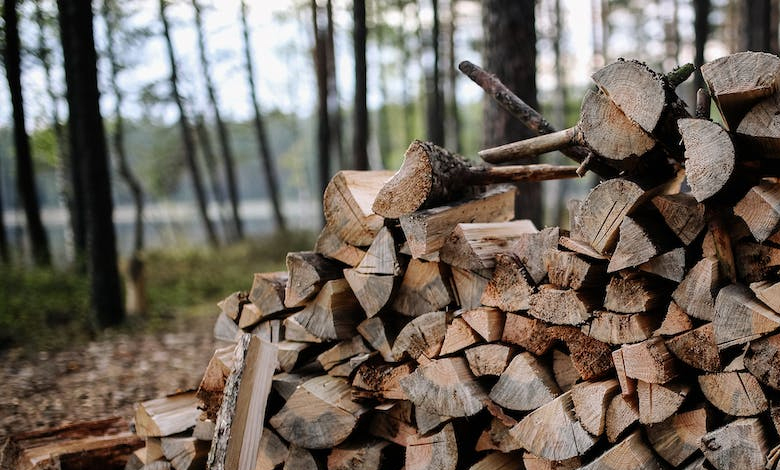The National Centre for Vegetation Cover Development and Combating Desertification, a governmental centre in the Kingdom, has raised serious concerns over logging, stressing it puts the environment and biodiversity at risk.
Logging violations include transporting, selling or storing firewood or local charcoal and collecting local firewood. The centre’s protection teams monitor vegetation regions by relying on the latest technologies and AI to prevent violations and preserve green spaces.
It’s time to address the elephant in the climate room
Penalties start at SR5,000 ($1,333) for every cubic metre of firewood or local charcoal for the first violation. The figure doubles to SR10,000 for the second violation and reaches a staggering SR16,000 for the third offence.
The centre seeks to develop and protect vegetation regions and rehabilitate degraded ones, focusing on managing and investing in grazing lands, forests and national parks; fighting practices that harm nature; and preserving natural resources and biodiversity.
The logging industry has long been criticised for its environmental impact. But it has now started taking steps towards more sustainable practices that not only protect the planet but also contribute to carbon reduction efforts.
Sustainable logging guidelines can help?
Putting the role of forests in mitigating climate change on the front seat, the industry is adopting sustainable forestry practices that seek to balance economic, social and environmental objectives, including replanting trees and promoting biodiversity.
Read More: Everything You Need To Know About ‘Saudi Vision 2030’
Sustainable logging guidelines aim to promote the sustainable harvesting of trees. In addition, the industry is also using technology to reduce its impact. For example, modern logging equipment can selectively harvest trees, leaving behind younger and healthier ones.






















